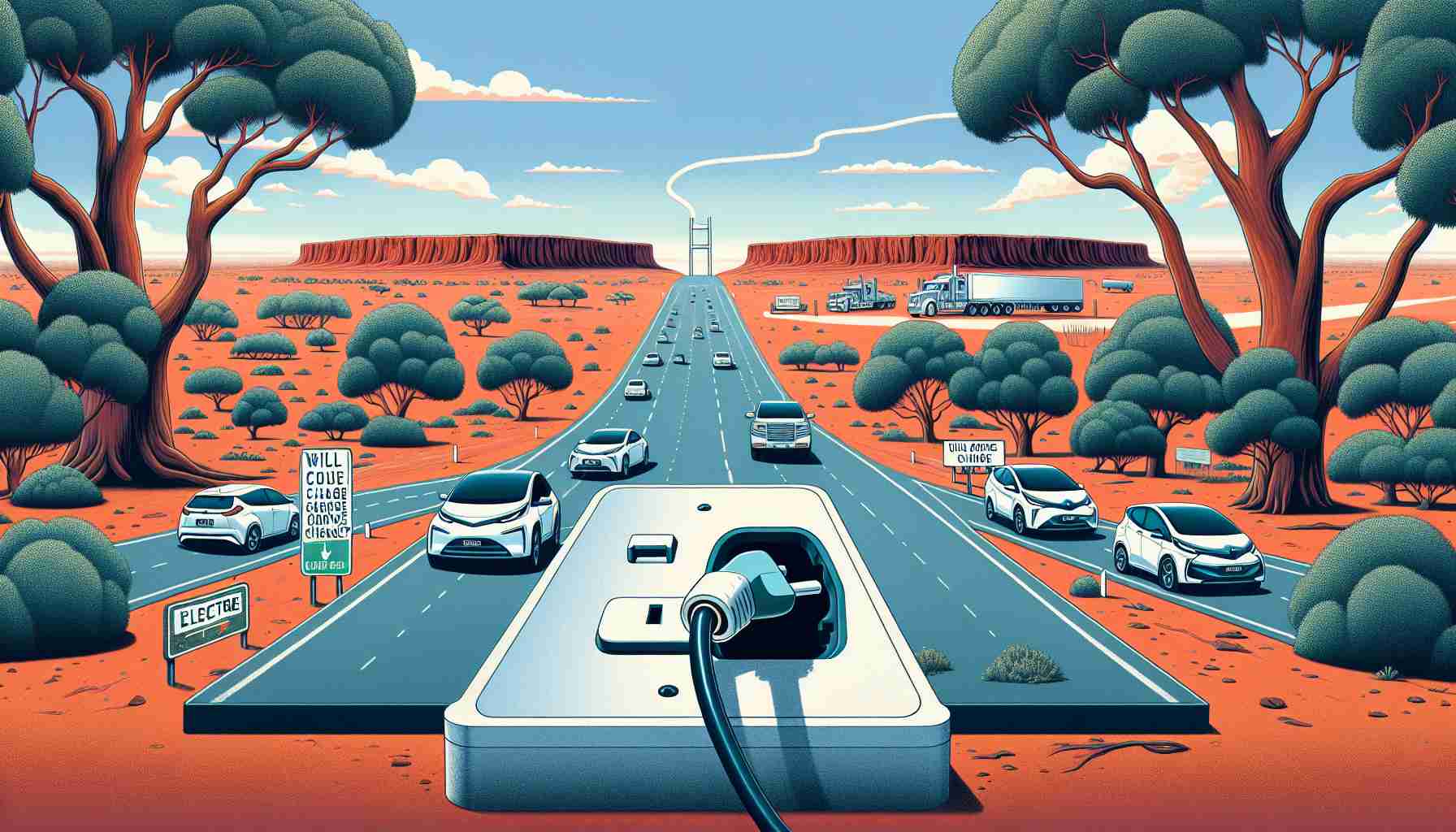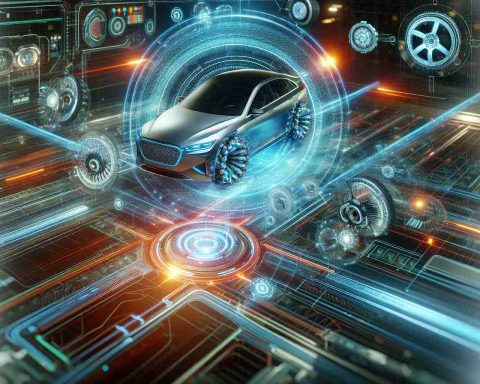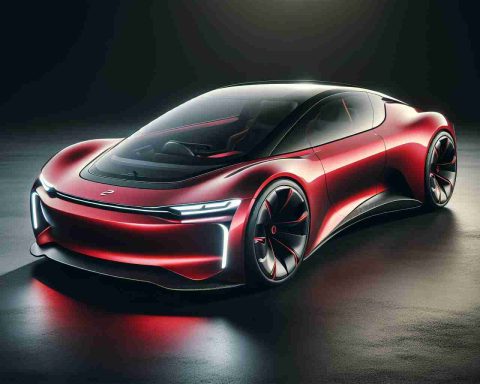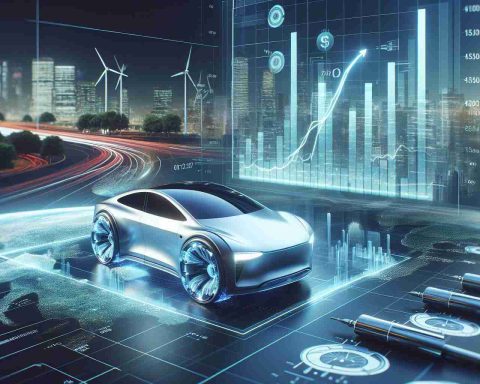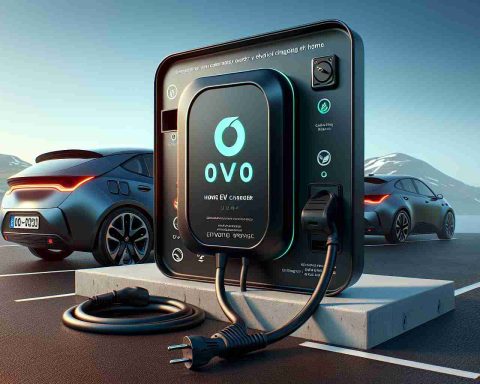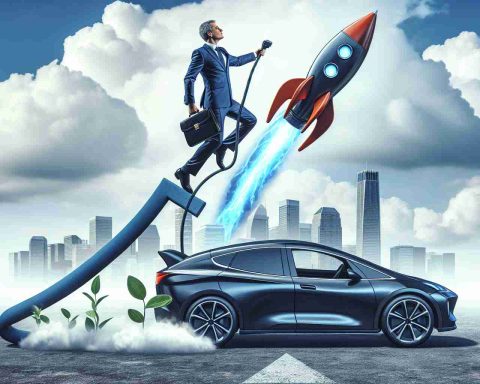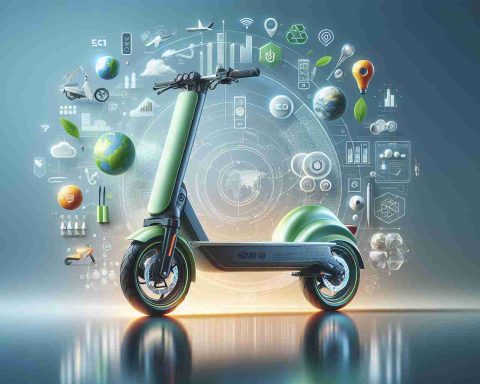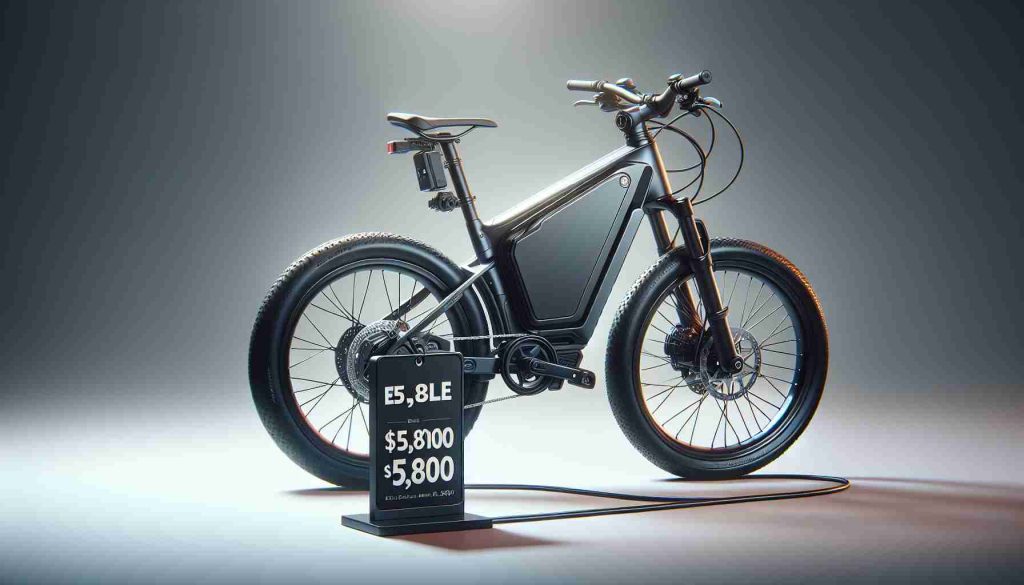- Australia is proposing a road user charge for EVs to address declining fuel excise revenues due to increased EV adoption.
- This move aims to create a taxation model that adapts to the rising presence of electric vehicles on the roads.
- Industry leaders are discussing how the charge could reshape road maintenance funding and address fiscal challenges.
- The proposal may present implementation challenges and potential deterrents for new EV buyers.
- The initiative seeks to balance equitable funding for road maintenance with support for eco-friendly transport solutions.
Australia’s journey into the electric vehicle (EV) era takes a bold turn as Treasurer Jim Chalmers proposes a road user charge for EVs to combat falling fuel excise revenues. With the rise of electric cars, the government is navigating the challenge of creating a taxation system that mirrors the evolving automotive landscape.
The road user charge has sparked a swirl of discussions among industry leaders and business executives, highlighting its potential to reshape road maintenance funding. As sales of electric vehicles soar, the necessity for a fairer, more comprehensive taxation model becomes clearer. The move promises to embrace sustainability while addressing fiscal realities.
Key Points to Consider:
– Electric Surge: Analysts predict EVs will comprise over 50% of new car sales by 2030, necessitating fresh infrastructure and fiscal strategies. The Australian government is laying groundwork for widespread charging infrastructure to amplify this shift.
– User Charge Dynamics: Introducing this charge brings a mix of benefits, like ensuring EV users contribute to road upkeep and compensating for lost fuel revenues. Yet, it also poses challenges, such as potential deterrents for new EV buyers and complex implementation processes.
– Vision Ahead: The long-term plan merges equitable road maintenance funding with incentivizing eco-friendly transport. An ideal balance is sought, supporting robust infrastructure through digital tracking systems while promoting EV adoption.
The potential road user charge marks a pivotal moment for EV drivers in Australia. As policymakers push for changes, will it smooth the path to sustainable transport or lead to bumps along the way? Stay tuned as the landscape of driving evolves under these transformative policies.
Will Australia’s EV Road User Charge Drive the Future of Sustainable Transport?
Australia’s journey into the electric vehicle (EV) era is at a pivotal moment as the government considers implementing a road user charge for EVs. This move aims to address the decline in fuel excise revenues, raising significant discussions among industry leaders about its implications on road maintenance funding and the wider automotive landscape. Here’s a deeper look into the potential effects and the questions surrounding this bold proposal.
1. Why is the road user charge necessary for EVs in Australia?
The necessity for a road user charge arises from a few critical factors:
– Declining Fuel Excise Revenues: As fuel-powered vehicles become less commonplace, the revenues from fuel excises, traditionally used for road maintenance and infrastructure development, are decreasing significantly. Electric vehicles do not contribute to these revenues, creating a financial gap for the government.
– Equitable Road Maintenance Funding: Introducing a road user charge ensures that EV owners also contribute to maintaining the infrastructure they use. This concept of fairness aims to align with the principle that all drivers should help fund the upkeep of the roads.
– Encouraging Sustainable Infrastructure: By incorporating a road user charge, the government hopes to secure adequate funding for developing sustainable transportation infrastructure, which includes EV charging stations and digital tracking systems.
2. What are the pros and cons of implementing a road user charge for EVs?
Implementing a road user charge for EVs has both benefits and drawbacks:
– Pros:
– Fair Contribution: Ensures all vehicle users contribute proportionately to road maintenance.
– Sustainability Promotion: Supports the development of sustainable infrastructure necessary for a future dominated by EVs.
– Revenue Neutrality: Compensates for the loss of fuel excise duties, maintaining government funds for transportation projects.
– Cons:
– Potential Deterrent: Could dissuade potential buyers from transitioning to EVs due to increased costs.
– Implementation Complexity: Establishing a seamless system to track usage and charge EV drivers poses technological and administrative challenges.
– Market Uncertainty: Could lead to fluctuations or hesitations in the EV market if buyers are uncertain about future costs.
3. How does the proposed road user charge align with global EV trends and predictions?
Australia’s proposed road user charge for EVs aligns with global trends that focus on sustainability, infrastructure development, and responsive fiscal policies:
– Global Trend of Electrification: With analysts predicting that EVs will make up over 50% of new car sales by 2030, countries worldwide are strategizing on how to adjust financially and infrastructurally.
– Shift Towards Smart Infrastructure: Digital tracking and smart road systems are becoming a priority, allowing governments to effectively manage road usage data and levy appropriate fees.
– Sustainability Goals: Aligns with broader sustainability goals by promoting electric vehicle adoption while ensuring environmental impacts are balanced with infrastructure costs.
For more insights into Australia’s electric vehicle market and policies, visit the official government site at Australia.gov.au.
Australia’s exploration of a road user charge for EVs represents a significant step towards reconciling the push for eco-friendly vehicles with the practicalities of infrastructure funding. Will this new charge clear the path for a sustainable transport future, or will it slow down the country’s EV momentum? Keep an eye on these developments as Australia paves its way through the EV era.
